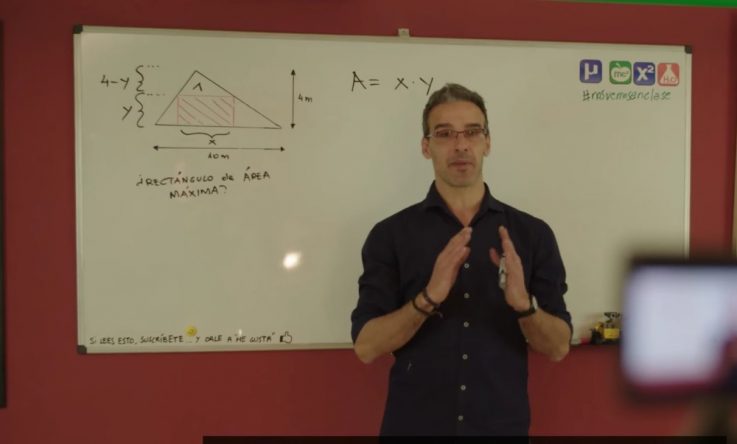'Global citizenship' and 'intercultural competency' are often incorporated into schools' mission statements. However, how often do schools that promise an international education in the hope of developing global citizens define what this really means?
What does this imply for the school's leadership, curricular and co-curricular programs, and professional development? How can a school community develop a shared understanding of what this means and what it looks like in action?
Many schools share this goal of encouraging global citizenship in their students, but experience suggests such goals are sometimes daunting in their ambition and often vague in their structure.
In response, the Council of International Schools (CIS) developed International Certification to help schools better understand, advance and measure the development of global citizens. It's an opportunity for schools to take an in-depth look at global citizenship within their community.
CIS is a global, non-profit organisation with a membership that includes more than 700 schools. Its International Certification addresses the key questions of: how do we know we are taking the right steps to provide students with an education that keeps pace with internationally recognised standards? And how do we enable students' development as global citizens?
The certification has been piloted in nine schools around the world, including three schools in Melbourne, Australia – Mentone Girls' Grammar School, Ladies Methodist College and Ivanhoe Grammar School. All the schools involved in the pilot phases were unequivocal about the benefits of a deeper exploration of the key themes.
The starting point for the certification process is the creation of a shared definition of global citizenship, followed by an intercultural assessment accompanied by a professional development activity to understand intercultural competence and discuss the collective results.
Staff then complete six school-wide projects, elevating the focus from merely 'doing' to strategically taking an in-depth look at which actions and outcomes will truly develop global citizens in the school.
After achieving International Certification last year Fran Reddan, Principal of Mentone Girls' Grammar School, reflected: '[The process] gave us strategic impact.
‘There were some very practical outcomes such as changes in practice, accompanied by developing tangible "products" ... these included a real and accepted definition of global citizenship, new student reports and assessment tools for global citizenship, enhanced use of technology for curriculum mapping, a more global and accessible library collection, just to name a few. The positive ripple effect was the additional impetus to make global citizenship more visible.'
The focus of the certification is on developing global citizenship through project-based learning using a developmental continuum focusing on a school-wide framework of Leadership Commitment, Student Growth, and Support and Collaboration.
'The most important part of the process was to get us to think exactly what space we wanted to be in, in this sphere,' Ivanhoe Grammar School's Gerard Foley comments. 'Developing a clear definition of what global citizenship meant at Ivanhoe was critical to this process. If we did not know what we wanted to achieve, how could we achieve it?'
Teacher welcomes reader submissions from members of the education community. Contributions can be submitted in text, video or audio formats – visit our How to get involved page for more information.To access previous reader submissions visit our archive.
To find out more visit the Council of International Schools (www.cois.org) website.



